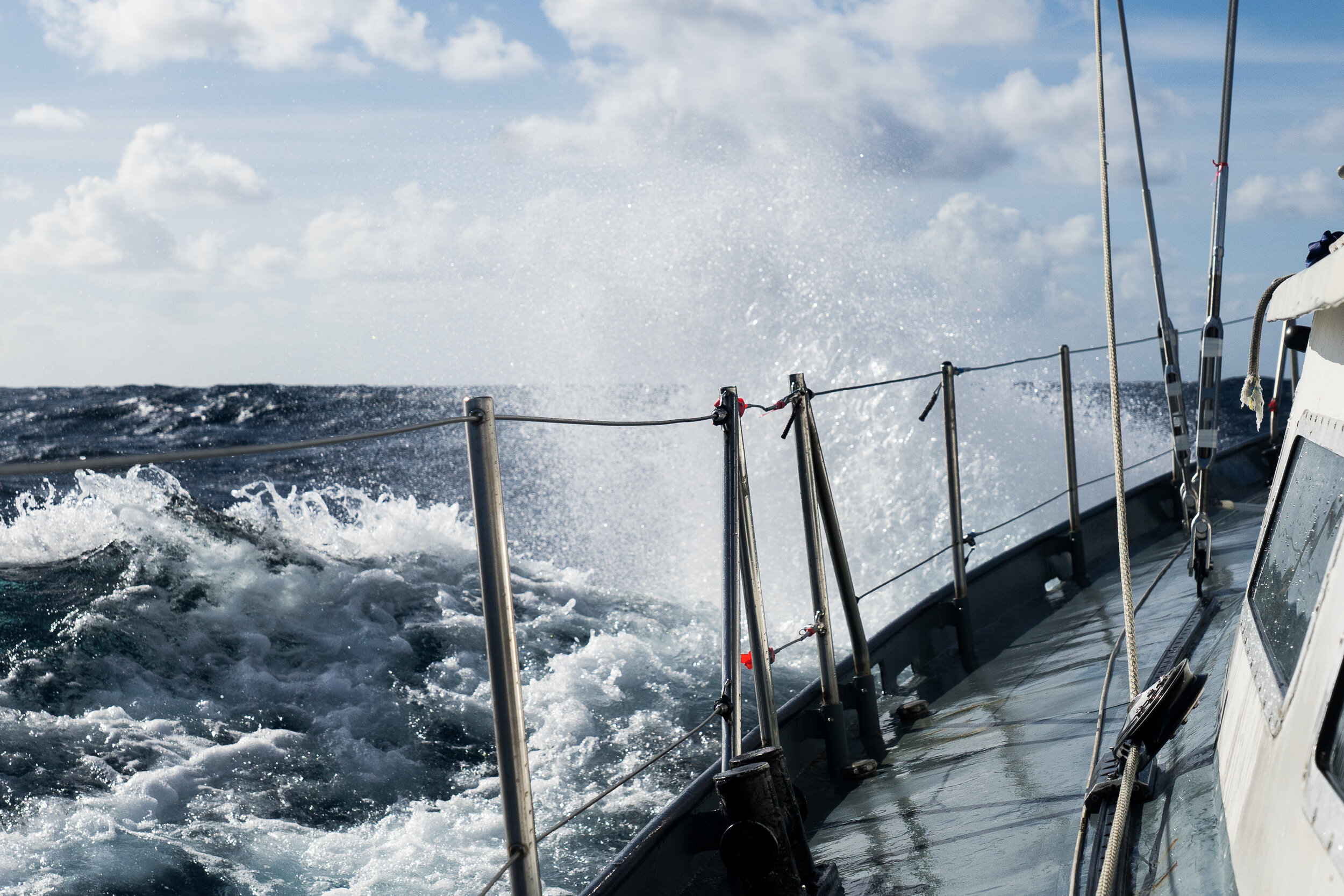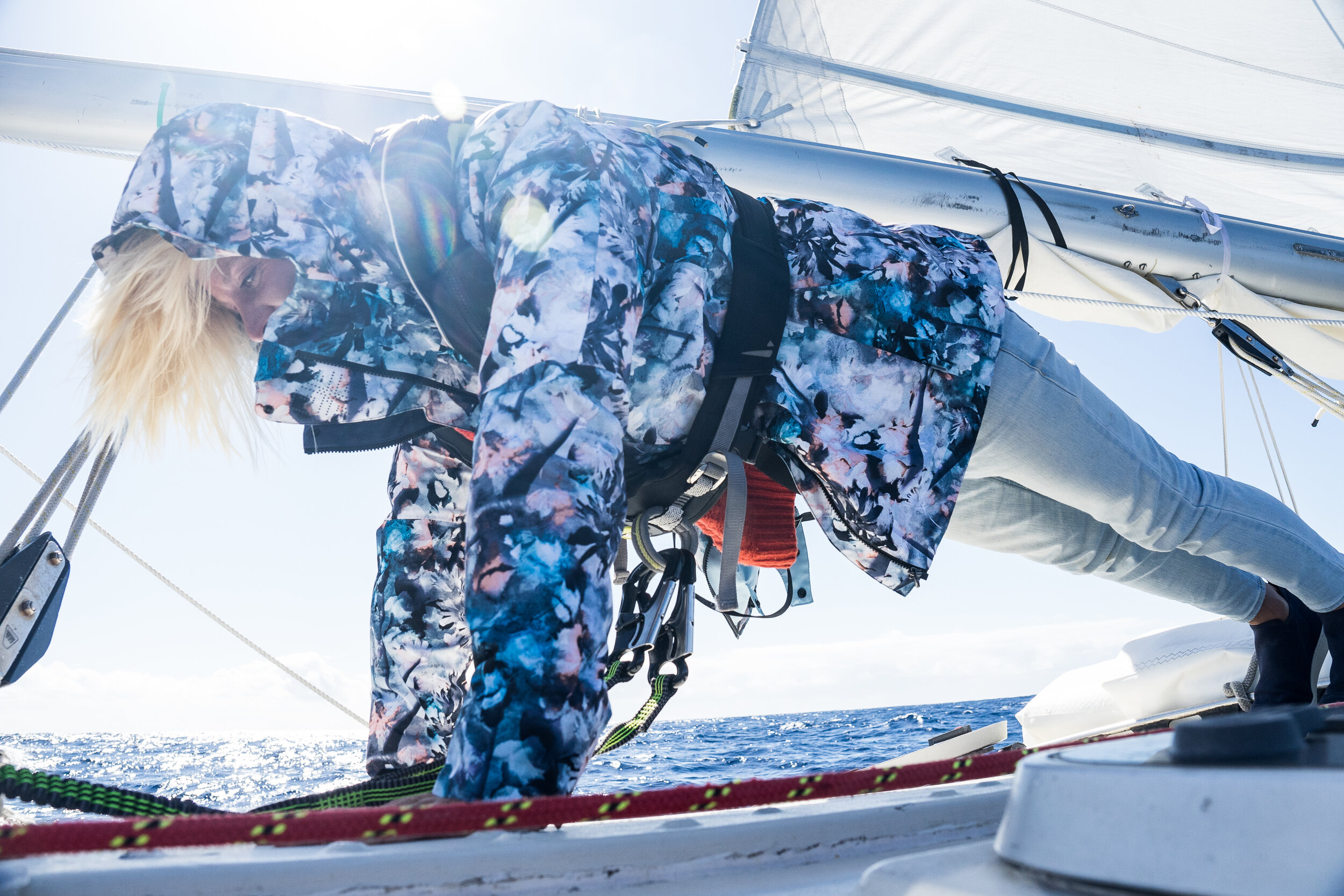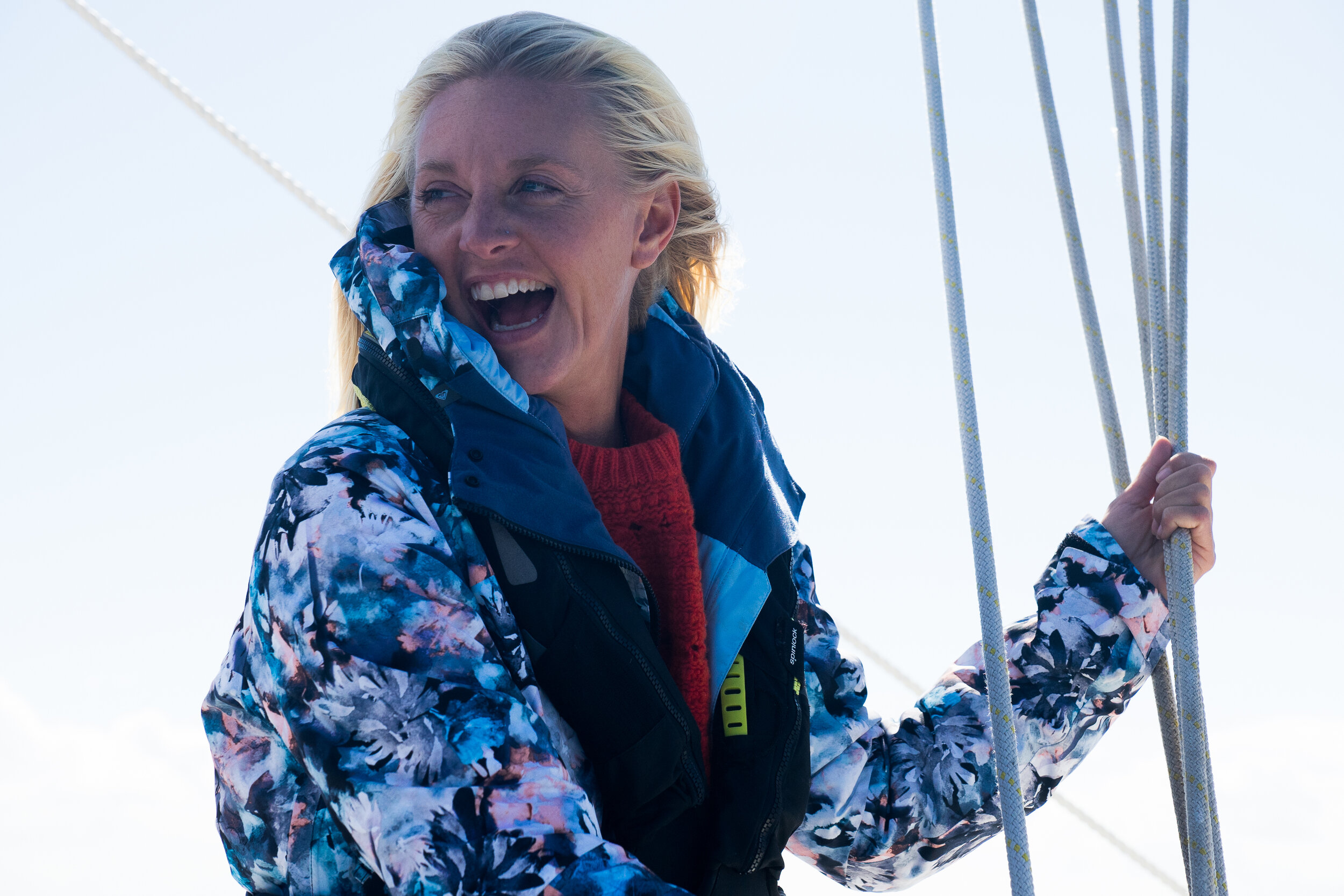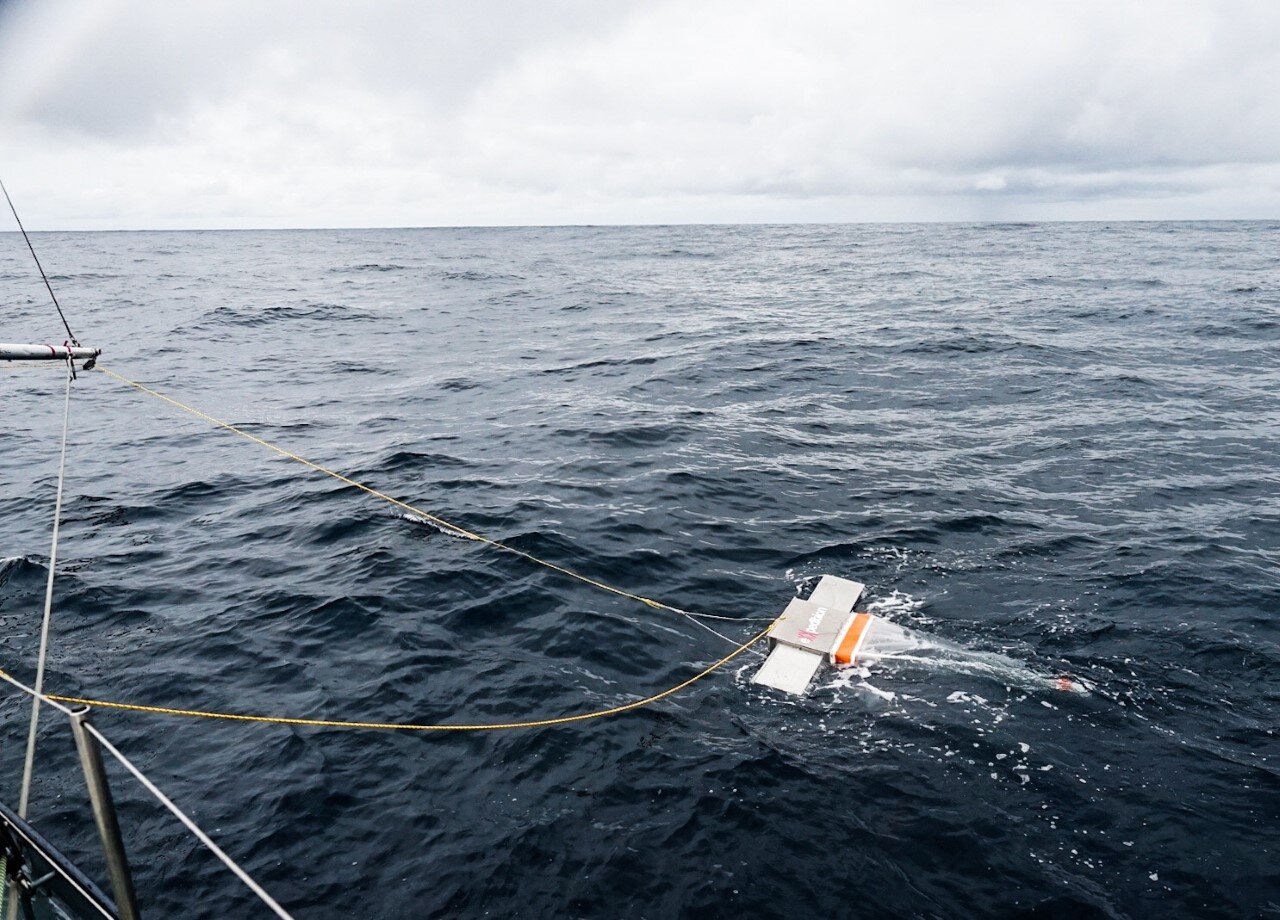ocean literacy means to have an understanding of our influence on the ocean, and the ocean’s influence on us.
As a surfer, it’s pretty simple - the Ocean provides everything we need to ride waves. And as humans, the Ocean provides everything we need for live on this Planet to survive. Yes, read that again!
Land, air, water, weather and food - these are all created and driven by relationships with the Ocean.
If you want to learn more, check out the “Surfer’s guide to ocean literacy” which is a 9 part online course just released on the Surf with Amigas platform: Surf with Amigas Collective. It guides you through the 7 ocean literacy principles, which are a perfect place to start learning about our connection with the ocean - and why we need to protect it.
Watch the trailer below and head over to the SWA collect to sign up or start a 7 day free trial.
My ocean science research is driven by passion and purpose
My research is driven from a personal place of being a surfer; I am passionate about conserving ocean ecosystems (especially surfing ones) and protecting them from pollution. My awareness and understanding of the ocean as a complex system evolved due to spending time in different habitats and seeing the variation of issues affecting surf breaks across the globe.
Surfing encouraged me to become a marine activist, but without policy a lot of our surfing habitats are at risk from coastal development and pollution. Studying sustainability brought me into the world of “systems thinking”, which blew my mind and gave me hope. More importantly, systems thinking organises the concept of our Universe into a structure we already intuitively know and understand: dynamic, creative, interconnected, living systems.
As an interdisciplinary subject; sustainability covers crucial themes such as climate change, food security and poverty and it has allowed me to develop critical thinking around social, environmental and financial systems.
As a researcher I wanted to see if other surfers think and feel the same about the ocean, and if their connection with the ocean (through surfing, which may be dependent on proximity, experience, ability and frequency) might motivate them to take action for the ocean.
Are you an organisation company, NGO or individual that would like to learn more about ocean literacy?
Please feel free to contact me to schedule in a call.
exxpedition
I took part in my first citizen science project sailing from Plymouth to the Azores with Emily Penn and eXXpedition in October 2019. For me, it was an opportunity of a lifetime; inspiring and shaping my research to come…
science + sailing
It was only 12 days, but it felt like a lifetime! Storms, continual bad weather and a plethora of microplastic pollution; leg one of eXXpedition was as eventful as it was tedious. But one thing was for sure, we we banded together as crew and got down to business - sailing across the North Atlantic, collecting evidence of microplastic fragments in the surface ocean as we went.
An all female crew, led by ocean advocate Emily Penn; we took the rough with the rough to commence eXXpedition Round the World!
From marine activist to citizen scientist
I was always been fuelled by an emotional connection to nature and drawn towards radical change to intervene against environmental injustice. After spending years as an activist, and witnessing the shortcomings of activism, my mind began to open to more rigorous and sustained methods of implementing change: science. It’s been a long road to get here. Watch the webinar below to learn how I’ve chosen to piece it all together.
All photos courtesy of Sophie Dingwall & eXXpedition
